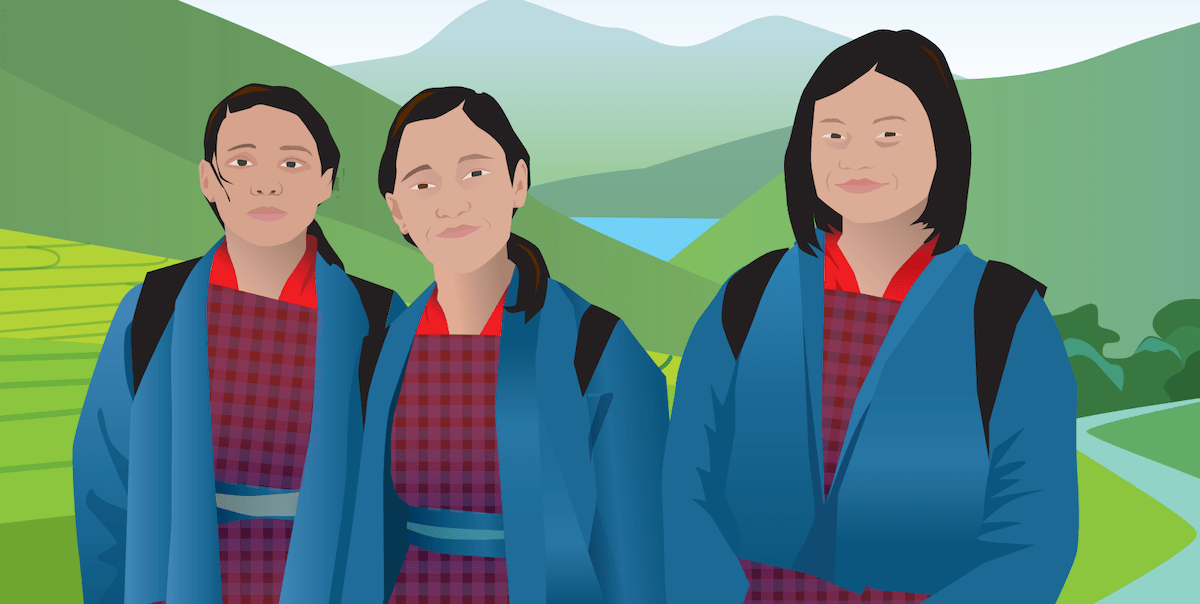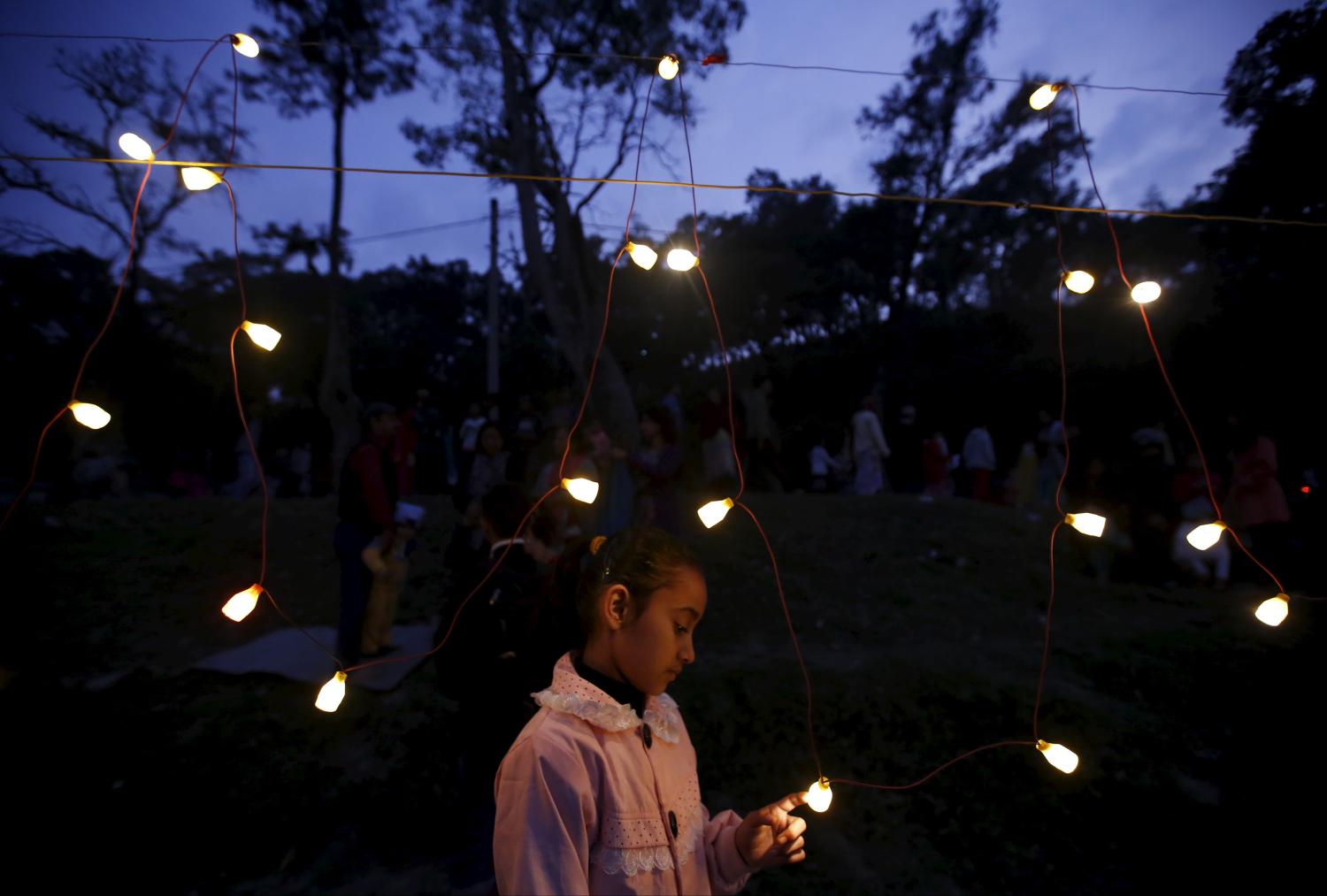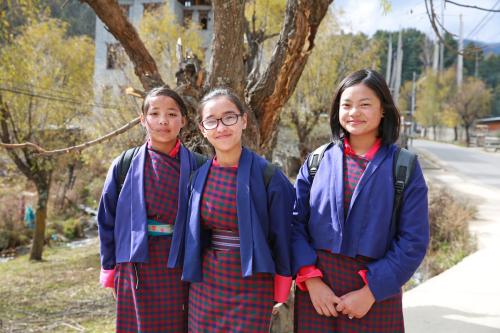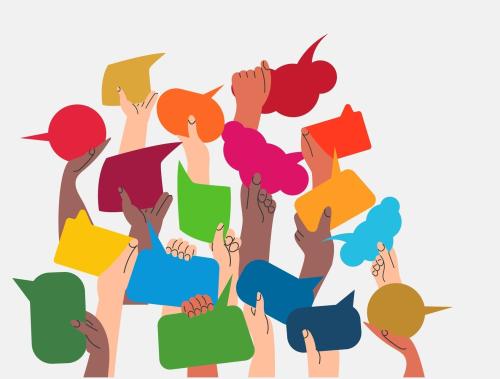Globally, climate change disproportionately affects women and girls, intensifying and heightening their vulnerability to natural disasters, food insecurity, caregiving responsibilities, displacement, and related challenges as well as hindering opportunities for their social and economic empowerment (UN Women 2022). In Bhutan, as temperatures rise, the country has become increasingly vulnerable to a multitude of climate-related threats and disasters like glacial lake outburst floods (GLOFs), with implications for the well-being of all and with heightened risk for girls and women (NCWC and UNDP 2020).
In the face of these challenges, Bhutan has taken on ambitious climate goals through its climate leadership and environmental stewardship. Though Bhutan also has a strong track record in achieving gender-focused educational milestones—with over 90% school enrollment at gender parity and a largely matrilineal society—patriarchy is strong and ingrained, and there is much to be done to achieve gender equality. Furthermore, efforts within the three areas of climate, gender, and education still mostly operate in silos, with little intersectoral work.
This policy brief presents results of the research conducted through two focus group discussions with 16 girls (ages 13–18); an online survey of 52 district education officers; and interviews with eight organizations from the government, civil society, and international partners from June to August 2023 in Thimphu and Paro. The study explored girls’ understanding of climate change and its impacts on them (individual level), what and how climate education is taught in the education system (systems level), and who and what the different actors are doing and could potentially do collaboratively (ecosystem level).
The findings of this study clearly indicate that there is a need to rethink and reframe climate literacy in Bhutan in ways that recognize the gendered impacts of climate change and promote learning spaces and pedagogical approaches for supporting Bhutan’s green growth and climate strategies. Gender-invisible approaches to climate, climate education, and climate literacy have neither effectively addressed the gendered impacts of climate change nor promoted the learning and participation of girls and women in climate action.
Therefore, this policy brief proposes gender-transformative climate literacy (GTCL) as a novel solution path for a green and gender-equal future. GTCL would be an interdisciplinary approach that challenges underlying gender inequalities within the context of climate change while endeavoring to reshape societal gender norms and attitudes. At the nexus of climate, gender, and education, GTCL would empower individuals to actively engage in climate action and decisionmaking processes while promoting gender equity to achieve a reality where climate and gender are embedded within the teaching and skills training functions of the education system. The education system is an untapped space to advance climate action by developing skills for a climate-informed, climate-resilient individual. Incorporating GTCL within education would present a window of opportunity to strengthen climate literacy while highlighting and reshaping gender dynamics and norms.
The Brookings Institution is committed to quality, independence, and impact.
We are supported by a diverse array of funders. In line with our values and policies, each Brookings publication represents the sole views of its author(s).






